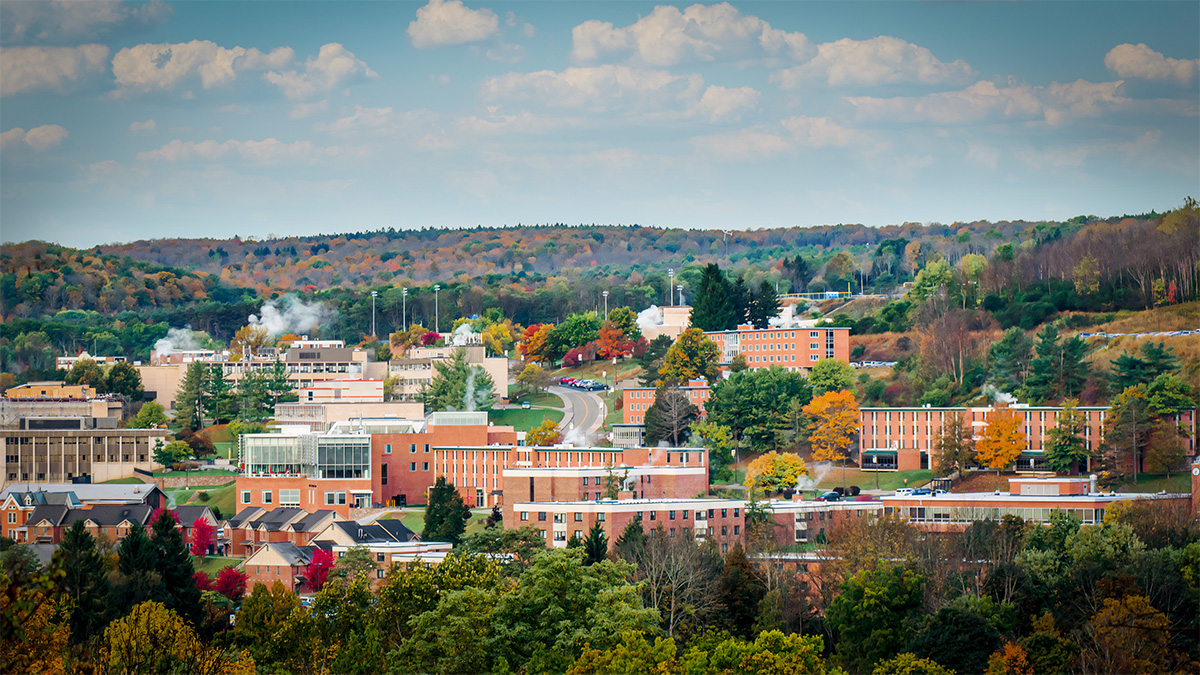
At a glance
“Alfred State’s culture of civic engagement results in community challenges being addressed in a meaningful way,” Hilsher said, “even as student learning is enhanced through applied curricular and co-curricular experiences.”

Alfred State is among 20 State University of New York (SUNY) campuses that have recently been named to the 2014 President’s Higher Education Community Service Honor Roll.
The list recognizes colleges and universities that achieve meaningful, measurable outcomes in the communities they serve and show a clear commitment to community service and service learning.
“Participating in community service is an important part of any college experience, and a hallmark of our strategic plan,” said SUNY Chancellor Nancy L. Zimpher. “Each of our SUNY campuses has an astounding array of options for students as well as faculty and staff to give back to their local communities, and to have a greater impact on communities across the country and abroad. Congratulations and thank you to each of the campuses recognized by the President’s Honor Roll this year.”
Last year, Alfred State students contributed nearly 60,000 hours of service, civic leadership, and workforce-ready knowledge to communities in need. In addition to participating annually in civic engagement opportunities such as Celebrate Service Celebrate Allegany and the Martin Luther King Jr. Day of Service, the college’s students have also assisted communities devastated by Superstorm Sandy and Haitian communities recovering from the 2010 earthquake.
Jonathan Hilsher, director of the Center for Civic Engagement at Alfred State, said the college being named to the President’s Honor Roll recognizes the exemplary community service undertaken by its students, faculty, and staff and highlights how this represents best practices in community impact and service.
“Alfred State’s culture of civic engagement results in community challenges being addressed in a meaningful way,” Hilsher said, “even as student learning is enhanced through applied curricular and co-curricular experiences.”
